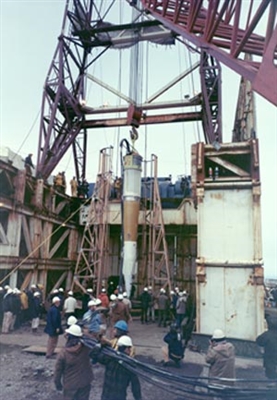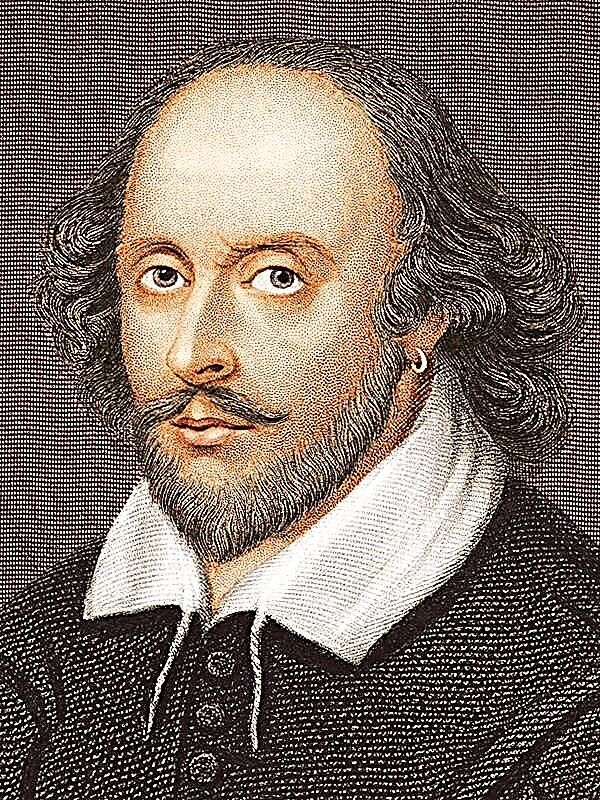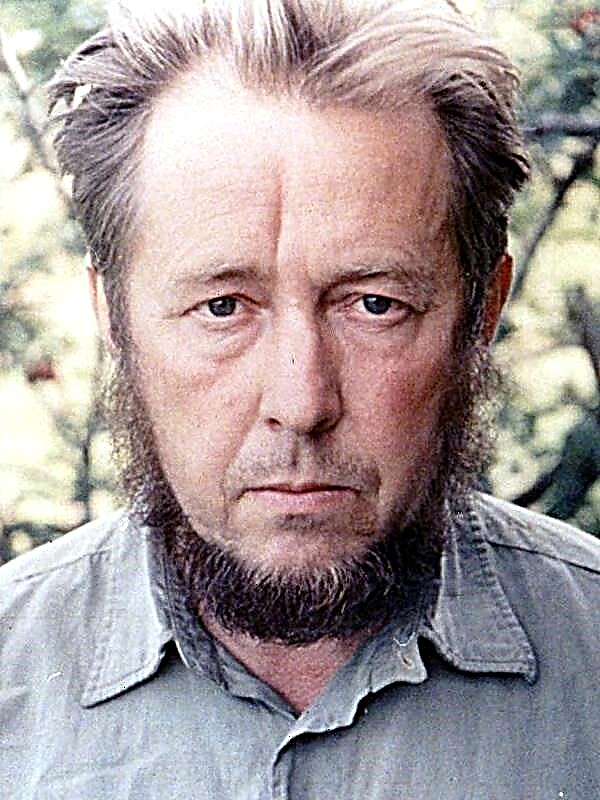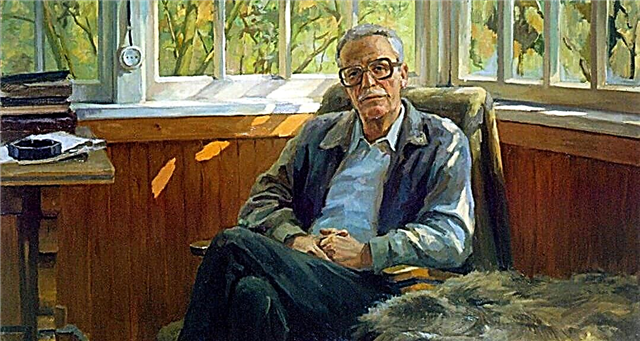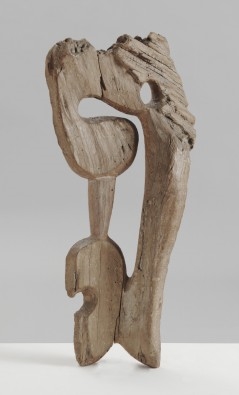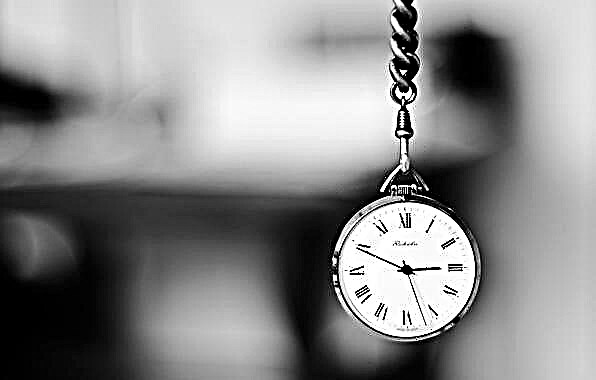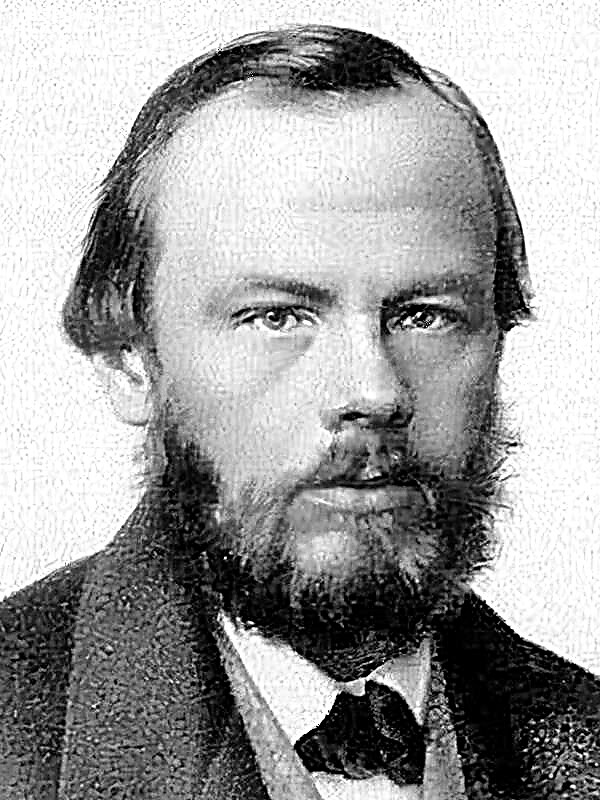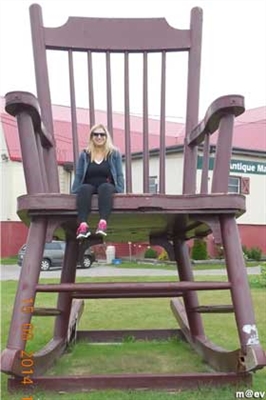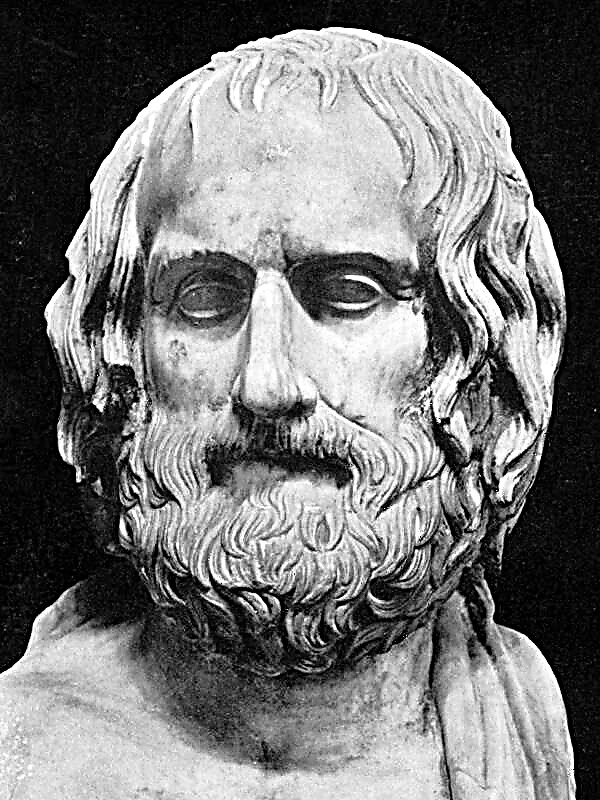The theme that the poet wants to talk about is a lot of times. He himself circled in it a poetic squirrel and wants to spin again. This topic can even push a cripple to paper, and his song will ripple with lines in the sun. In this thread, truth and beauty are hidden. This topic is preparing to jump into the recesses of instincts. Having declared to the poet, this theme throws people and affairs in a thunderstorm. With a knife to the throat comes this topic, whose name is love!
The poet talks about himself and his beloved in the ballad, and the way the ballads are getting younger, because the poet’s words hurt. “She” lives in his house in Vodopianny Lane, “he” sits in his house by the phone. The inability to meet becomes for him a prison. He calls his beloved, and his bullet ring flies through the wires, causing an earthquake at Myasnitskaya, at the post office. The calm second-cook picks up the phone and slowly takes her to call her beloved poet. The whole world is pushed away somewhere, only with a pipe he targets the unknown at him. Between him and his beloved, separated by Butcher, lies the universe, through which a cable stretches in a thin thread. The poet does not feel like a respectable employee of Izvestia, who will go to Paris in the summer, but as a bear on his ice pillow. And if the bears cry, then just like him.
The poet recalls himself - such as he was seven years ago, when the poem "Man" was written. Since then, he was not destined to crawl into life, in family happiness: with ropes of his own lines, he is tied to a bridge over the river and is waiting for help. He runs through Moscow at night - through Petrovsky Park, Khodynka, Tverskaya, Sadovaya, Presnya. On Presnya, in a family mink, relatives are waiting for him. They are glad for his appearance at Christmas, but are surprised when the poet calls them somewhere for 600 miles, where they must save someone standing over the river on the bridge. They do not want to save anyone, and the poet understands that relatives replace love with tea and darn socks. He does not need their chick love.
Through the Presnye mirages, the poet comes with gifts under his armpits. He appears in the bourgeois house of Fekla Davidovna. Here the angels turn pink from the gloss of icon, Jesus kindly bows, raising a thorny wreath, and even Marx, drawn into a scarlet frame, drags the inhabitants of the strap. The poet is trying to explain to the inhabitants what he writes for them, and not because of personal whimsy. They, smiling, listen to the eminent buffoon and eat, rattling their jaw against the jaw. He, too, is indifferent to a man tied to a bridge over a river and waiting for help. The words of the poet pass through the inhabitants.
Moscow recalls the picture of Beklin "Island of the Dead." Once in the apartment of friends, the poet listens as they talk with laughter about him, not ceasing to dance toustep. Standing at the wall, he thinks about one thing: just not to hear the voice of his beloved here. He did not change her in any of his poems, he circumvents her in the curses with which the horror of ordinary people smashes. It seems to him that only a beloved can save him - a man standing on a bridge. But then the poet understands: for seven years he stands on the bridge as a redeemer of earthly love, in order to pay for all and cry for everyone, and if necessary, he must stand two hundred years, not expecting salvation.
He sees himself standing above Mount Mashuk. Below is a crowd of inhabitants for whom the poet is not a verse and soul, but a century-old enemy. He is shot at from all rifles, from all batteries, from every Mauser and Browning. Poetry shreds shine on the Kremlin with a red flag.
He hates everything that is driven into people by a departed slave, which settled and settled in everyday life even in a red-flag system. But he believes with all his heart faith in life, in this world. He sees the future workshop of human resurrections and believes that it is he who did not live and did not love his own that the people of the future would want to resurrect. Perhaps his beloved will also be resurrected, and they will catch up with the disliked stardom of countless nights. He asks for a resurrection, if only for being a poet and waiting for his beloved, throwing away everyday rubbish. He wants to live his life in that life where love is not a servant of marriage, lust and bread, where love goes to the whole universe. He wants to live in that life where at least the world will be his father, and at least the earth will be his mother.


